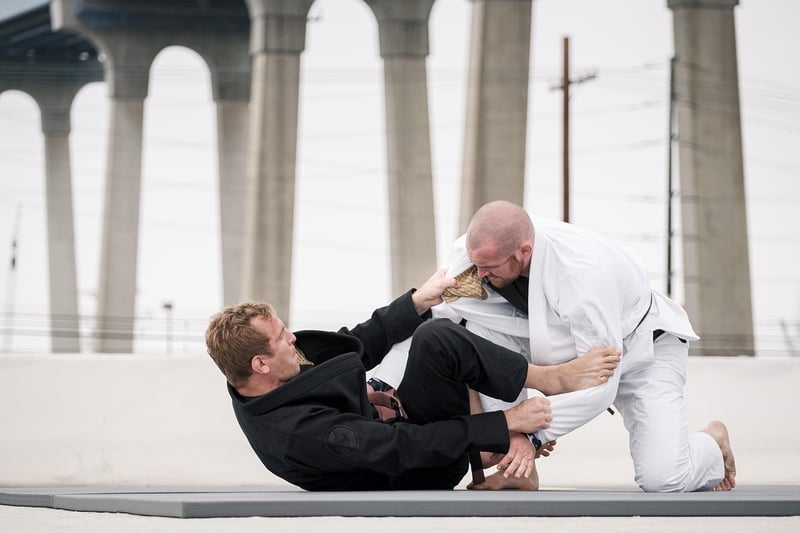Jiu-Jitsu
The Art of Discipline and Self-Defense: A Guide to Jiu-Jitsu Techniques
Discipline and self-defense are essential skills that everyone should strive to master. When it comes to self-defense, one of the most effective martial arts is Jiu-Jitsu. Originating from Japan, Jiu-Jitsu focuses on grappling and ground fighting, making it a practical and powerful form of self-defense. In this guide, we will explore the importance of discipline in self-defense and introduce you to some fundamental Jiu-Jitsu techniques.
The Importance of Discipline in Self-Defense
Discipline is the foundation of any martial art, including Jiu-Jitsu. It teaches practitioners to stay focused, control their emotions, and remain calm in stressful situations. In a self-defense scenario, having the discipline to assess the situation calmly and react strategically can make all the difference.
Furthermore, discipline in training is crucial for mastering self-defense techniques. Consistent practice and dedication are key to developing the muscle memory and reflexes needed to effectively defend yourself in real-life situations.
Introduction to Jiu-Jitsu Techniques
Jiu-Jitsu is a versatile martial art that empowers individuals of all sizes to defend themselves against larger opponents using leverage, technique, and timing. Here are some fundamental Jiu-Jitsu techniques that you can start learning:
1. Guard Pull
The guard pull is a technique used to quickly transition from a standing position to the ground, where Jiu-Jitsu practitioners are most comfortable. By pulling guard, you can control the distance and engage your opponent on the ground.

2. Rear Naked Choke
The rear naked choke is a submission hold that targets the opponent's neck, cutting off blood flow to the brain and causing them to lose consciousness if applied correctly. It is a highly effective self-defense technique when escaping from a rear bear hug or chokehold.

3. Armbar
The armbar is a joint lock that hyperextends the opponent's elbow joint, causing intense pain and possible injury if not tapped out. It is a versatile technique that can be applied from various positions, making it a valuable tool in self-defense situations.

Conclusion
Discipline and self-defense go hand in hand, and mastering the art of Jiu-Jitsu can enhance your ability to protect yourself in various situations. By incorporating discipline into your training and learning fundamental Jiu-Jitsu techniques, you can develop the skills and confidence needed to defend yourself effectively.
Remember, self-defense is not just about physical techniques but also about mental fortitude and preparedness. Stay disciplined, stay focused, and stay safe.